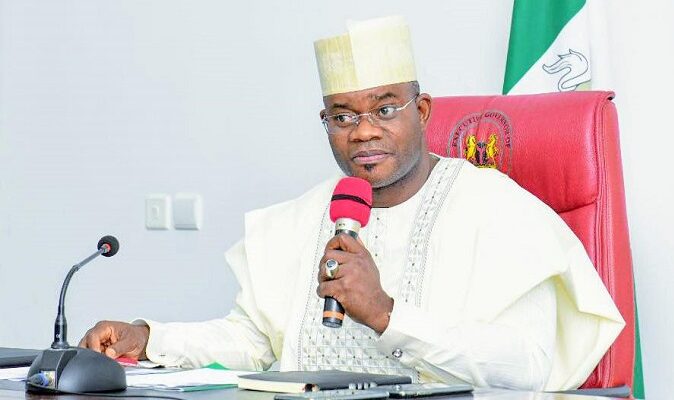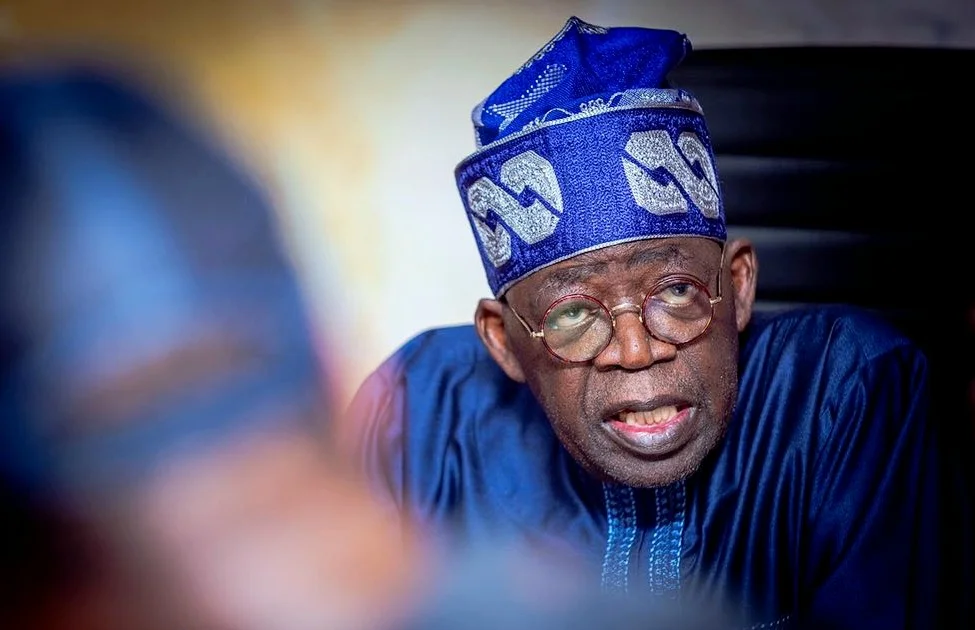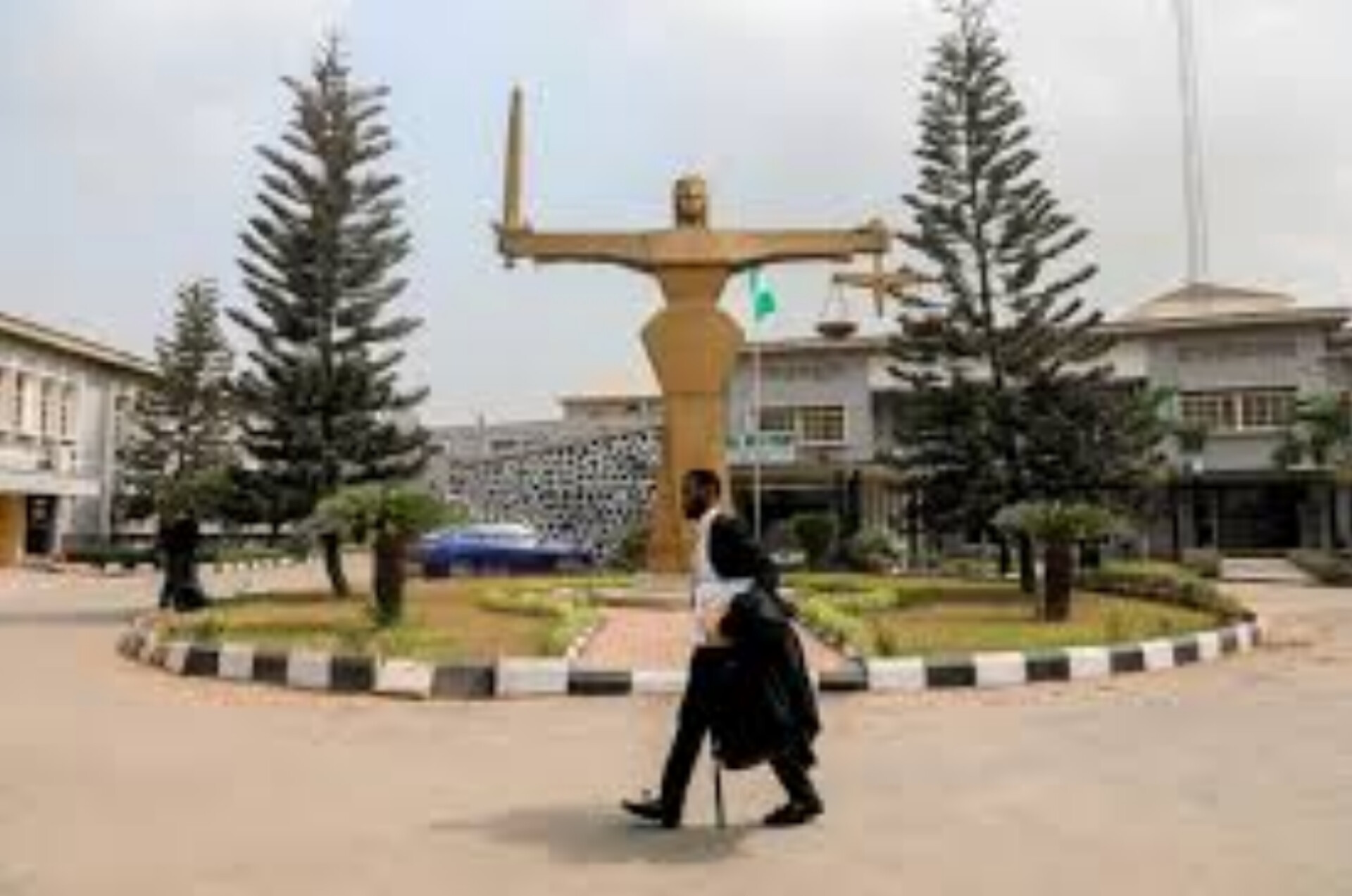Commercial tricycle (Keke Marwa) and motorcycle (Okada) riders are prohibited from operating on highways in any part of Kogi state, the Kogi State Government has issued a new law.
The state Ministry of Transportation which made the announcement in Lokoja on Saturday said that the ban takes effect from Monday, January 17.
By the new order the ministry indicated that commercial tricycles and motorcycles can now operate only on road arteries linking the highways
To enforce the new rule the ministry said Mobile courts will be set up to try violators of the order.
The ministry pointed out that the decision to outlaw commercial motorcycles and tricycles from highways was a fallout of a stakeholders meeting held on January 5 and 7 that was presided over by the Commissioner for transportation, Mr Baron Okwoli.
The communiqué issued by the Permanent Secretary in the ministry, Alhaji Jibril Okeme said the restriction is part of the move to curb incenssant accidents on highways and ensure free flow of traffic.
”The deliberation was in tandem with the policy of the Ministry to strategize and map out plans and programs to ensure smooth operations by road users and safety of commuters,” the communique said
To this end, the Ministry has directed Tricycle Owners Association of Nigeria (TOAN) to submit the comprehensive list and biodata of all tricycle operators in the state to the Ministry on or before February 4, 2022.
“Every Tricycle must be coded and branded in line with the designated area of operation
“All Tricycle and Okada operators must be guided against overloading
“Tricycle operations must ensure that the left side of their tricycles are barricaded with iron rod to guide against any accidental fall on the road.
“Tricycle and Okada riders shall ensure that both left and right side mirrors are firmly in place..
“Tricycle and Okada operators shall ensure that all necessary valid papers and documents are collected and produced on demand for inspection.
“All long trucks/vehicles operating within the state must observe minimal speed limits in residential areas.

“All vehicle road users operating within the state have been enjoined to update their vehicle particulars.
“Vehicle road users are equally advised to co-operate with law enforcement agencies and officers.
“The Ministry of Transportation hereby advises all vehicle owners to get acquainted and strictly adhere and comply with rules guiding road usage,” the ministry said in the communique.




